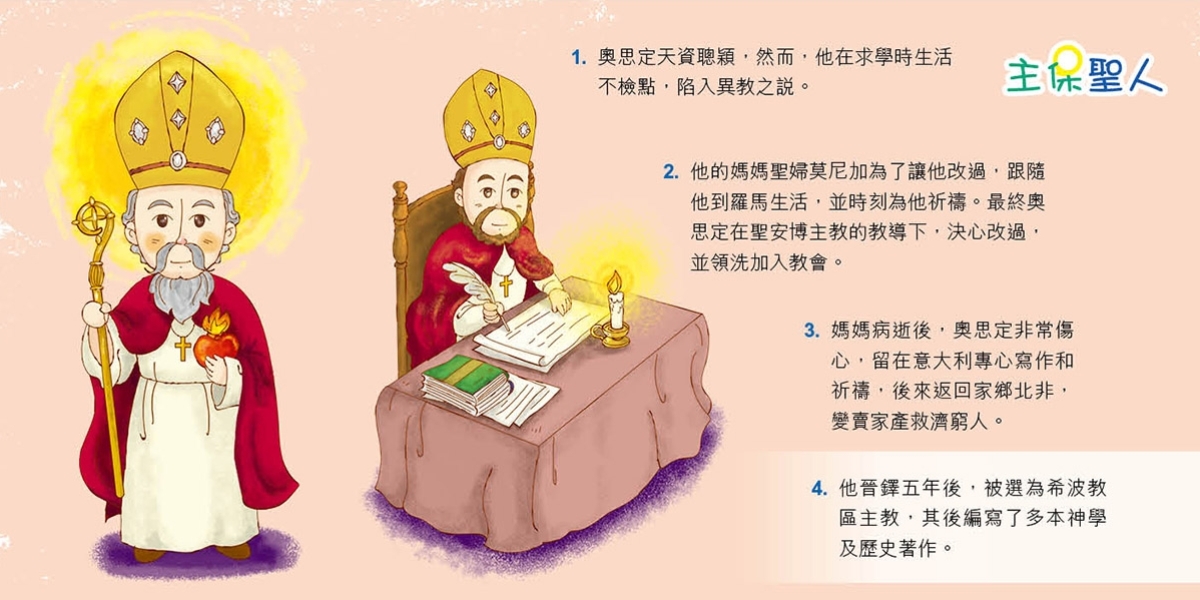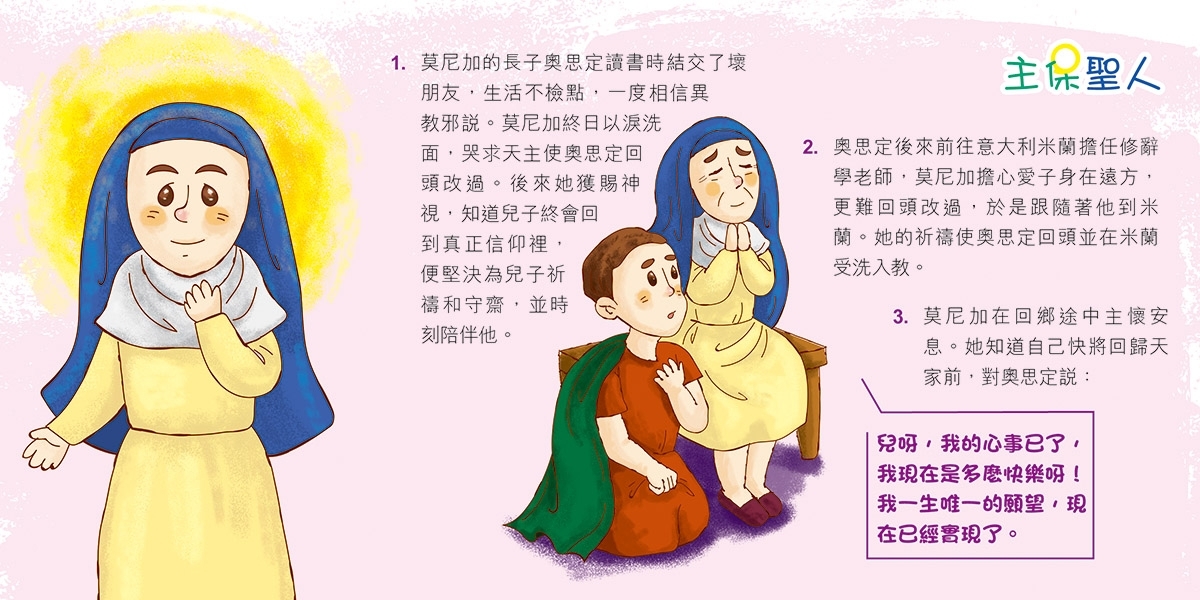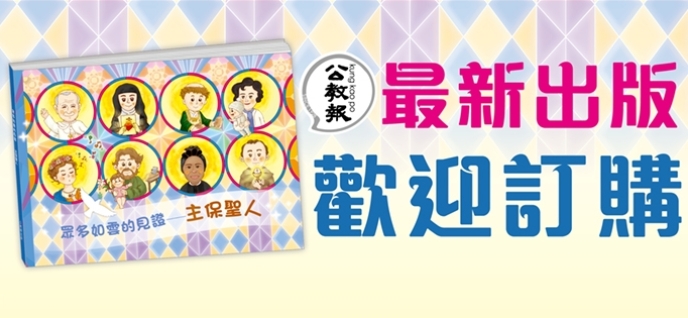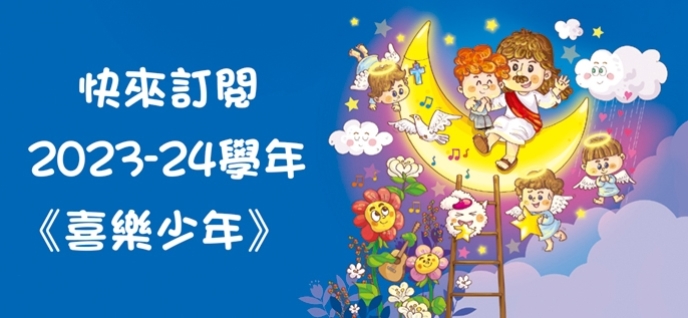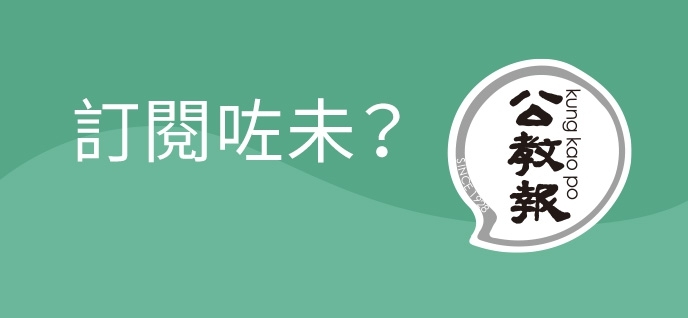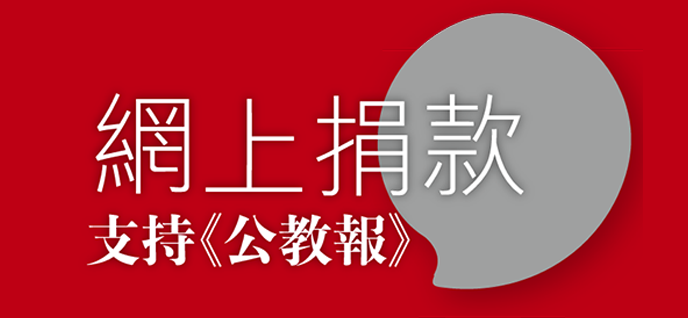昔日文章


Stories Behind Popular Sayings
2018.10.12
When in Rome, do as the Romans do
Nowadays, it is more affordable for people of all ages to travel aroung the world. While most of us check out the best places for sightseeing and shopping,few of us spend time on understanding the local people and their culture when abroad. Since badly-behaved tourists may bring embarrassment and disgrace to their own countries, so governments advise their citizens that "when in Rome, do as the Romans do"(入鄉隨俗).
Why does this saying specify “Rome”? Can we say “when in Hong Kong, do as the Hong Kong people do”? Since this is a proverb, the word pattern is fixed. However, because of its popularity, it has a shortened version: When in Rome, we should not boss the hotel staff around.
Interestingly, the story behind this saying is not related to tourism. It may be traced back to two important saints in the Catholic Church in the 4th century.
When St Augustine(聖奧思定)was young, he moved from Rome to Milan(米蘭)to take up a post as a professor of rhetoric.
He found that the Church did not fast on Saturdays as it did in Rome. Therefore, he sought advice from the Bishop of Milan, St Ambrose(聖安博). The Bishop said (translated from Latin into English), “When I go to Rome, I fast on Saturday, but here [Milan] I do not.”
It is believed that the modern English version of the proverb did not appear until the Middle Ages.
In modern times, the proverb teaches that it is important for us to respect and follow the customs and rules of the unfamiliar places we visit, such as a foreign country, a new workplace or a new school.
Glossary
Affordable
負擔得起
Embarrassment
尷尬
Disgrace
丟臉
Proverb
諺語
Rhetoric
修辭學
Respect
尊重
Customs
習俗
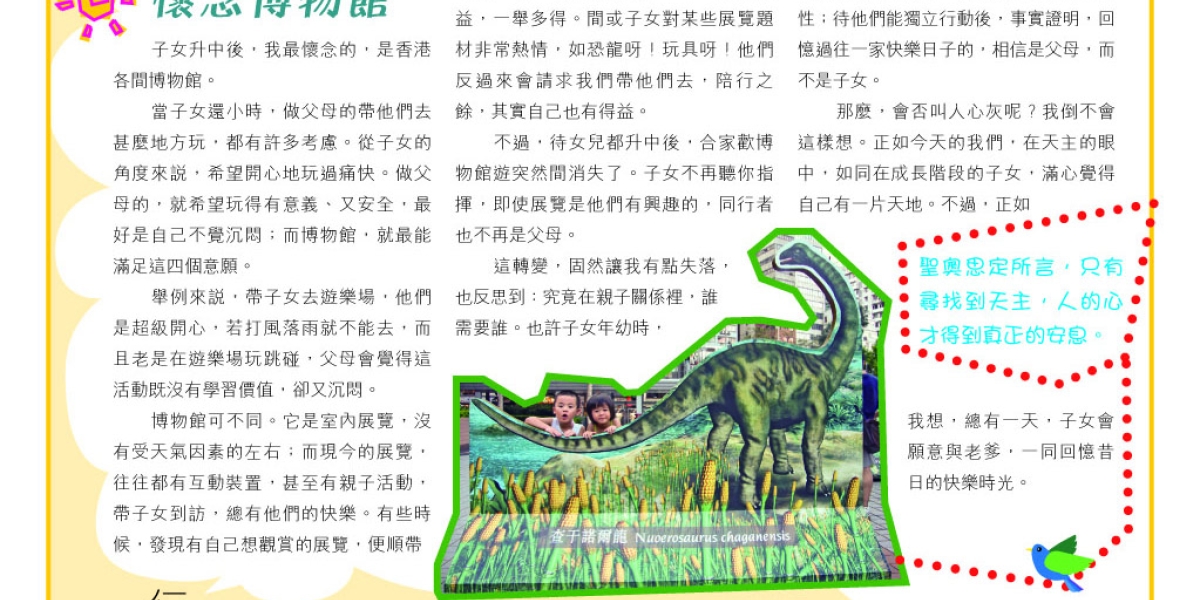

同行天主路
2017.10.28
懷念博物館
子女升中後,我最懷念的,是香港各間博物館。
當子女還小時,做父母的帶他們去甚麼地方玩,都有許多考慮。從子女的角度來說,希望開心地玩過痛快。做父母的,就希望玩得有意義、又安全,最好是自己不覺沉悶;而博物館,就最能滿足這四個意願。
舉例來說,帶子女去遊樂場,他們是超級開心,若打風落雨就不能去,而且老是在遊樂場玩跳碰,父母會覺得這活動既沒有學習價值,卻又沉悶。
博物館可不同。它是室內展覽,沒有受天氣因素的左右;而現今的展覽, 往往都有互動裝置,甚至有親子活動, 帶子女到訪,總有他們的快樂。有些時候,發現有自己想觀賞的展覽,便順帶子女一遊,與他們談論一二,彼此得益,一舉多得。間或子女對某些展覽題材非常熱情,如恐龍呀!玩具呀!他們反過來會請求我們帶他們去,陪行之餘,其實自己也有得益。
不過,待女兒都升中後,合家歡博物館遊突然間消失了。子女不再聽你指揮,即使展覽是他們有興趣的,同行者也不再是父母。
這轉變,固然讓我有點失落, 也反思到:究竟在親子關係裡,誰需要誰。也許子女年幼時, 他們必須依靠父母,因此顯得父母的重要性;待他們能獨立行動後,事實證明,回憶過往一家快樂日子的,相信是父母,而不是子女。
那麼,會否叫人心灰呢?我倒不會這樣想。正如今天的我們,在天主的眼中,如同在成長階段的子女,滿心覺得自己有一片天地。不過,正如
聖奧思定所言,只有尋找到天主,人的心才得到真正的安息。
我想,總有一天,子女會願意與老爹,一同回憶昔日的快樂時光。



